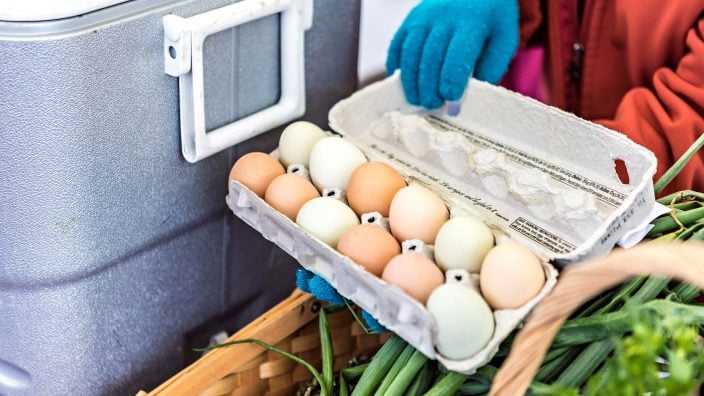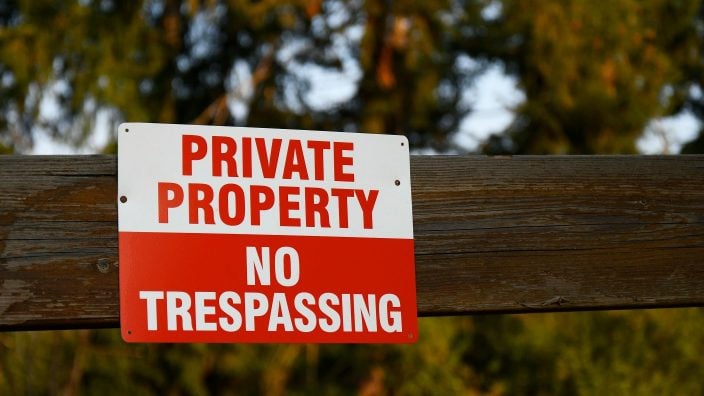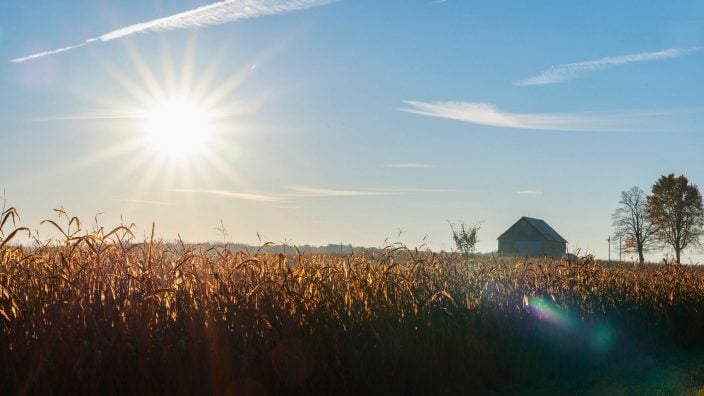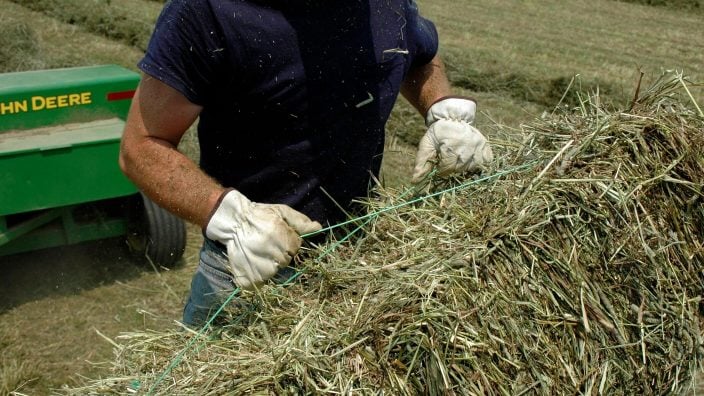Legal with Leah: Changes to CAUV woodland values
As Ohio Farm Bureau Policy Counsel Leah Curtis notes in this Legal with Leah, these changes should result in significant tax savings for many Ohio woodland owners.
Read MoreBack to school time may mean some different limitations on those employees.
As we near the end of summer, farmers may have some high school students or other local kids working for them, but back to school time may mean some different limitations on those employees. On this Legal with Leah Podcast, Ohio Farm Bureau Policy Council Leah Curtis shares what employers need to know about minors in the workforce.
Listen to Legal with Leah, a podcast featuring Ohio Farm Bureau’s Policy Counsel Leah Curtis discussing topics impacting farmers and landowners.
Ty Higgins [00:00:00] There are two new labor resources for members at Ohio Farm Bureau, Farm Labor Intelligence Report and Guide to Finding, Hiring and Retaining Farm Employees. We are also focusing on labor in a series of Legal with Leah podcasts, visiting with Ohio Farm Bureau’s policy counsel Leah Curtis, and Leah we talked about minimum wage in our last conversation, and now we move to minors in the workforce. As we come to the end of summer, farmers may have some high school students or other kids working along with them, but back to school time may mean some different limitations for those employees.
Leah Curtis [00:00:32] So when we’re in that back to school time, as we know, there’s still a lot of farm work that’s happening into those fall months. But once minors are back into school, there are some limitations, particularly around their hours, that employers need to be aware of if they are employing those under the age of 18.
Ty Higgins [00:00:48] Yeah, what are those limitations?
Leah Curtis [00:00:51] So for employees that are under 16 years of age, they should not be employed during school hours before 7 a.m. or after 7 p.m. from Sept. 1 through the month of May. Now, if there’s a school holiday of at least five days, they could work until 9 p.m. They should also not be working more than three hours in a day in a school day, not more than 18 hours a week when school is in session and not more than eight hours on a non-school day and not more than 40 hours per week when school is not in session. So that’s why when you do get to this back to school time, you need to make sure that you’re keeping those hours straight and that those kids that are under 16, you are paying attention to those hours limitations.
Ty Higgins [00:01:30] You mentioned those limitations for under 16. What about those above age 16?
Leah Curtis [00:01:35] So those 16 and 17 that are still required to attend school, they cannot be employed prior to 7 a.m. when school is in session, but they can be employed beginning at 6 a.m. if they were not employed after 8 p.m. the previous night. So there’s a lot of kind of Jenga going on here with all these numbers. They also can’t be employed after 11 p.m. on any night preceding a day when school is in session. So if you do have those 16 and 17-year-olds, you need to make sure that they do have a little bit larger of a window. But again, still during school time, there are those limitations in place.
Ty Higgins [00:02:09] And there are also some requirements regarding the compensation for minors, too.
Leah Curtis [00:02:13] The law requires that an employer will agree with a minor as to their wages and compensation, and you should have written evidence of that agreement. So you should have some sort of document that lays out so that minor knows what they will be paid, what that compensation is going to be. And, you know, this is another thing that’s just a good practice. It’ll help you ensure that your minor employee and probably their parents are really clear on what their wages are going to be and can help clear up misunderstandings before they begin.
Ty Higgins [00:02:42] Important to note as well, there are other child labor requirements both within ag and if you’re not employing kids on the farm.
Leah Curtis [00:02:50] First of all, there is this list of what’s called hazardous occupations that minors generally should not engage in. This is under federal child labor law. So for agricultural employment, that applies to kids under 16. But in other types of employment, those hazardous occupations are going to be things that kids cannot do until they are over the age of 18, until they are no longer minors. So depending on if you are a farm employer, you definitely need to be aware of those. If you are not a farm employer or if you are more of an agribusiness, then you also need to make sure that you are cognizant of what those limitations will be, what things child minor employees cannot do. And then additionally, Ohio law requires that non ag employers of minors do certain paperwork related to a school and age certificate. So we’re always trying to provide you the highlights here. And so we hope this will help you be more aware. But you also want to make sure you look further into these topics and make sure how they apply to your business.
State of Ohio Minor Labor Laws poster


As Ohio Farm Bureau Policy Counsel Leah Curtis notes in this Legal with Leah, these changes should result in significant tax savings for many Ohio woodland owners.
Read More

In the case O’Connor v. Eubanks, the question is, can a state be sued in federal court when it takes a property?
Read More

A new low risk license should bring consistency across Ohio in regard to nonmechanical refrigeration.
Read More

The law requires most businesses to report information about their beneficial owners, and the intent is to try to make it harder to illegally hide assets and commit financial crimes.
Read More

How will this impact Ohio farmers and what can be done to allow for use of the products that have already been purchased?
Read More

What are some of the things landowners need to be aware of, as they might see more people wanting to come out to their property and to rural Ohio for the best seat in the house?
Read More

How will passage of Issue 2 impact agribusinesses and farm employers?
Read More

Policy Counsel Leah Curtis discusses Ohio trespassing laws and the liability that can fall on landowners when people enter their property.
Read More

When property owners may have issues with trees or encroachment on their property, they often turn to Ohio Farm Bureau for information.
Read More

Even though there can be zoning in rural areas of Ohio, there are limitations in the law when it comes to agriculture.
Read More